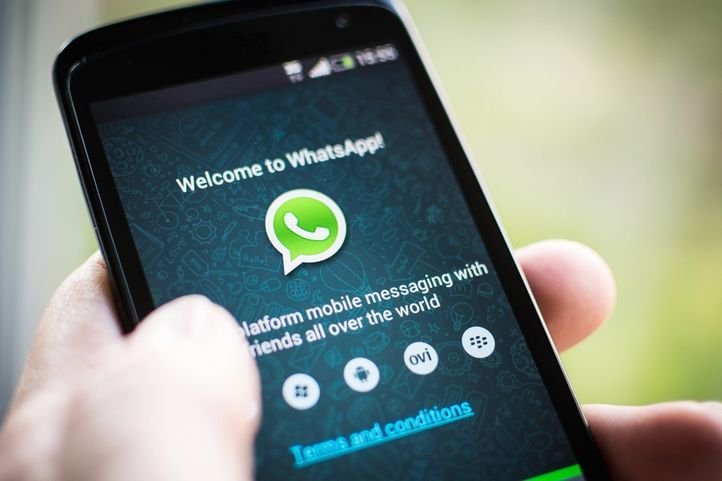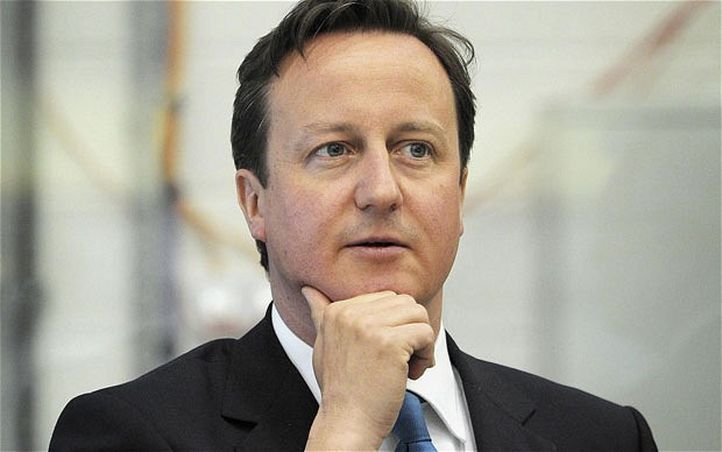During the run up to the UK elections, Prime Minister David Cameron suggested he may block WhatsApp, Snapchat and iMessage if he won the elections. He said he would like to stop the use of communication apps that cannot be read by security services even if they obtain a warrant.
Now that he’s in power, Cameron is pressing ahead with a new legislation which plans to stop people from sending any form of encrypted messages. The apps in question all encrypt their data by scrambling communications between their users.
” In our country, do we want to allow a means of communication between people which we cannot read?” Prime Minister Cameron had asked during his campaign.
” My answer to that question is: ‘No, we must not’,” quoted Express.

The Investigatory Powers Bill, which is now more commonly known as the ‘Snoopers’ Charter’, will have the power to open up private online communication. This would require internet service providers, phone companies and technology firms like, Facebook, Google, Apple and WhatsApp to keep a record of everyone’s activities.
All of the information gathered by these companies, including Facebook conversation, WhastApp group messages, Google searches and Snapchat videos will be made available to the UK police and government whenever they require.
The Conservative government is planning on passing the bill as early as this Autumn. The recent spat of terrorism, including the shooting of 27 Britons on a beach in Tunisia, is the driving force behind the decision to speed things along.
The full extent of powers granted by the bill remains unclear. However, that has not stopped a number of critics to openly condemn Cameron’s decision.

Liberty, a group which campaigns for civil liberties and human rights in the UK said, “We take no issue with the use of intrusive surveillance powers. Targeted surveillance can play an important part in preventing and detecting serious crime.”
“But the current regime just doesn’t provide sufficient safeguards to ensure that such surveillance is conducted lawfully, and in a necessary and proportionate way,” it added.
Former deputy prime minister Nick Clegg also joined in saying, ” The so-called Snoopers’ Charter is not targeted. It’s not proportionate. It’s not harmless. It would be a new and dramatic shift in the relationship between the state and the individual.”
“People who blithely say they are happy for their communications to be open to scrutiny because they have ‘nothing to hide’ have failed to grasp something fundamental about open democratic societies: We do not make ourselves safer by making ourselves less free,” he added.

















